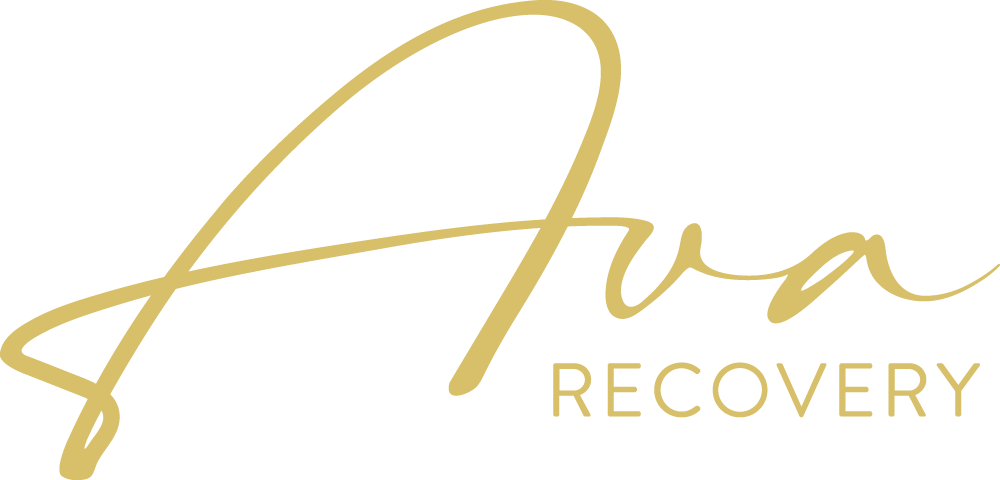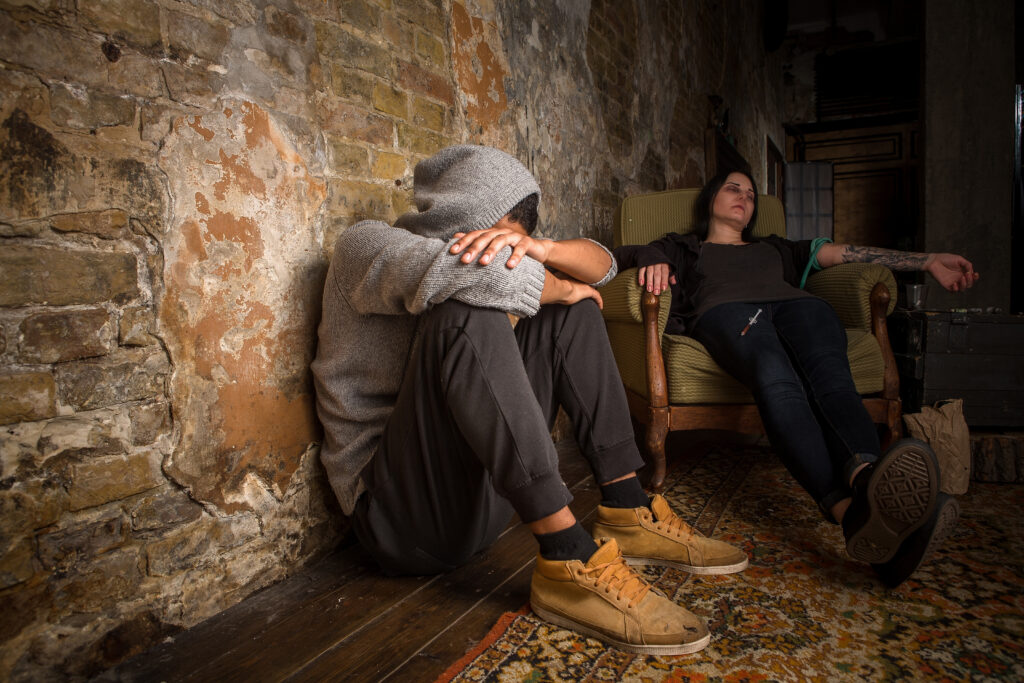Heroin is an extremely addictive drug that can quickly lead users down a destructive path of abuse. Its potency for dependency also makes heroin addiction a life-threatening condition.
Understanding the signs and symptoms of heroin addiction can help us assist our loved ones in identifying a problem early on and getting them the help they need to get well and sober.
Heroin Addiction
Heroin acts on the user’s pain and pleasure system, numbing pain and inducing pleasure by releasing massive amounts of dopamine into their system.
After prolonged use, addicts develop a physical and psychological dependence on the drug, making it difficult for them to quit and cause life-threatening withdrawal symptoms.
Fortunately, heroin addiction can be treated and many do recover if they seek professional help.
For the most part, treating heroin addiction includes detox along with other forms of therapy that will allow addicts to build a strong foundation that will keep them from relapsing.
Psychological Signs of Heroin Addiction
Heroin use wreaks havoc on the addict’s brain, causing chemical imbalances that affect the user’s psychology and mental health.
Psychological signs of heroin use can be split into two main categories:
- Behavioral
- Cognitive
Behavioral Signs of Heroin Addiction
A person who is using heroin will display odd behaviors which can be used as a way to identify abuse.
When intoxicated, these behaviors will be even more noticeable, as a user will be “high” and impaired cognitively; however, odd behaviors can still be noticed after the user has sobered up.
For example, if someone is anxiously picking their skin, this could be a sign of heroin withdrawal that can be observed after the user is no longer intoxicated.
Taking a closer look into their daily routines can also help us identify if there are any behavioral changes that may raise a red flag.
For example, some questions to ask ourselves if we suspect a loved one is using heroin include:
- Has their circle of friends changed suddenly?
- Do you find that you have lost contact with your loved one for days at a time without explanation?
- Are they experiencing financial difficulties?
All of these odd behaviors can point to a problem if any of these questions are answered positively.
Other behavioral symptoms of heroin addiction to look out for include:
- Participation in criminal activity
- Objects of personal value disappear.
- Angry or disruptive outbursts
- Increasing anxiety
- A lack of concern about one’s appearance
- Changing clothes to cover needle scabs and bruises
- Mood changes
- Feeling depressed and uninterested
- Slurred speech
Cognitive Signs of Heroin Addiction
Taking heroin impairs the user’s cognitive functions, clouds the mind and relaxes the body, causing them to drift into and out of consciousness.
Cognitive symptoms of heroin addiction include –
- The inability to make sound decisions
- Being disoriented
- Lacking focus
- Being impulsive
- Talking nonsense
Physical Signs of Heroin Addiction
Heroin abuse affects both the mind and the body. Physical symptoms of heroin addiction can range from having dry lips to serious illnesses such as liver failure.
Common physical symptoms of heroin addiction include –
- Dry mouth
- Weight loss
- Runny nose
- Dilated pupil
- Weight loss
- Bruises and scabs
It is important to note that scabs are not only a result of injections. They can also be caused by anxiety-related skin picking. Scabs and bruises are most common in areas of intravenous access such as the arm, and fingertips.
Signs of Heroin Addiction Withdrawals
Symptoms of heroin addiction withdrawals appear when a drug addict has developed a physical dependence on it.
Addicts who experience withdrawal symptoms of heroin addiction should seek medical attention and undergo detoxification as soon as possible.
Common symptoms of heroin withdrawal include:
- Excessive flow of tears
- Muscle aches
- Tremors
- Diarrhea
- Nausea and vomiting
- Dilated pupils
- Eye discomfort in bright lights
- Trouble sleeping
- Autonomic hyperactivity
- Irritable moods
- Depression and suicidal thoughts
- Anxiety
Other Signs of Heroin Addiction
In addition to looking for signs of drug use, you may want to look for drug paraphernalia, including needles, pipes, zip-lock bags, and burnt aluminum paper.
There is a possibility that a person smoking heroin may have a vinegar-like smell in their clothes or personal areas, even though the heroin smell doesn’t tend to linger around.
How to Get Help Today
If someone you love is showing signs and symptoms of heroin addiction such as the ones described in this article then it’s time to get help.
Ava Recovery is a luxury rehab located in Buda, Texas – right outside of Austin. Ava offers a world-class luxury experience at their evidence-based, drug and alcohol rehab facility. Ava Recovery is a luxury addiction recovery center with expertise in treating heroin addiction.
Contact Ava to speak to a specialist and find the treatment that’s best suited for you or your loved ones.







